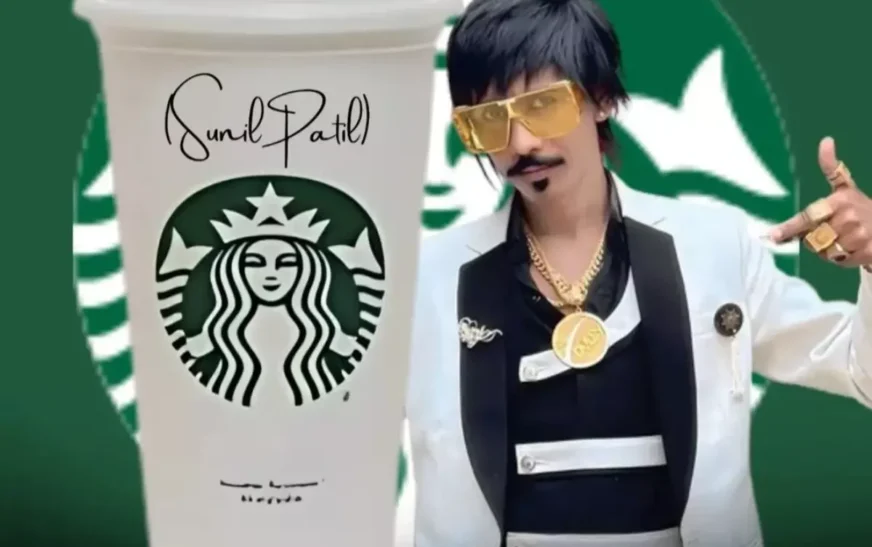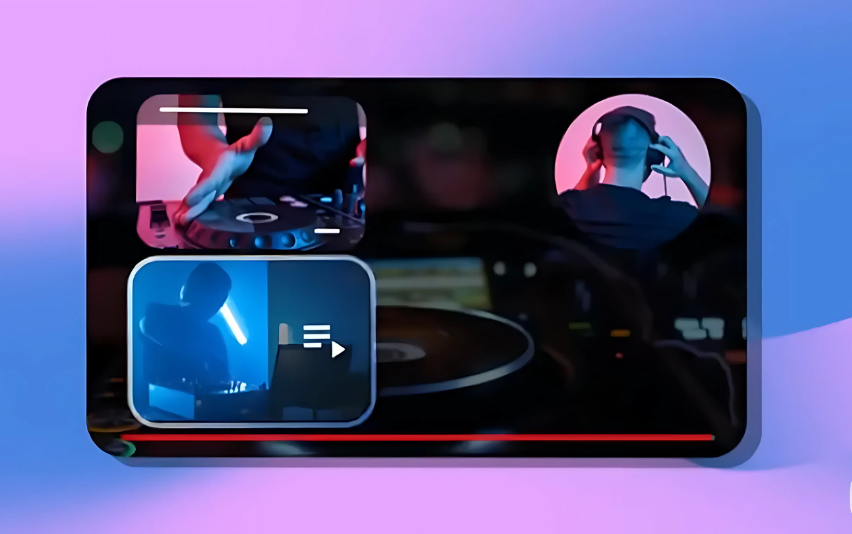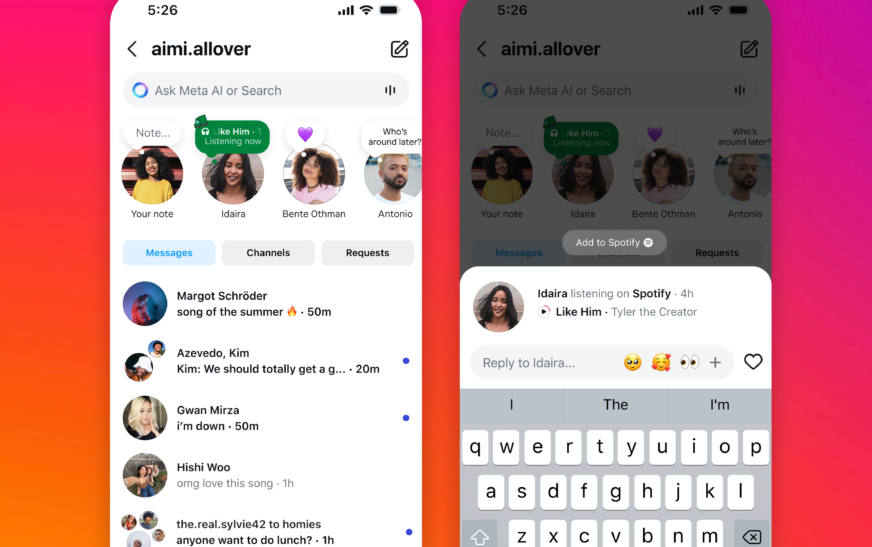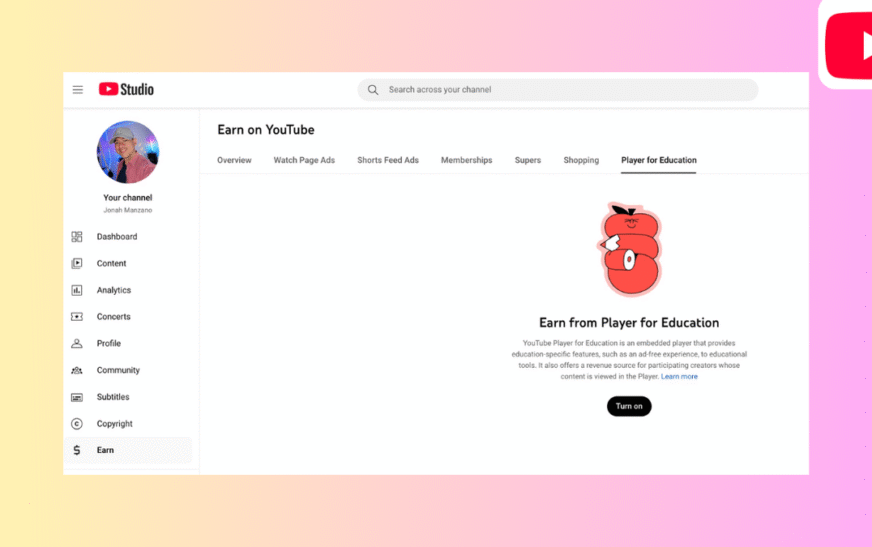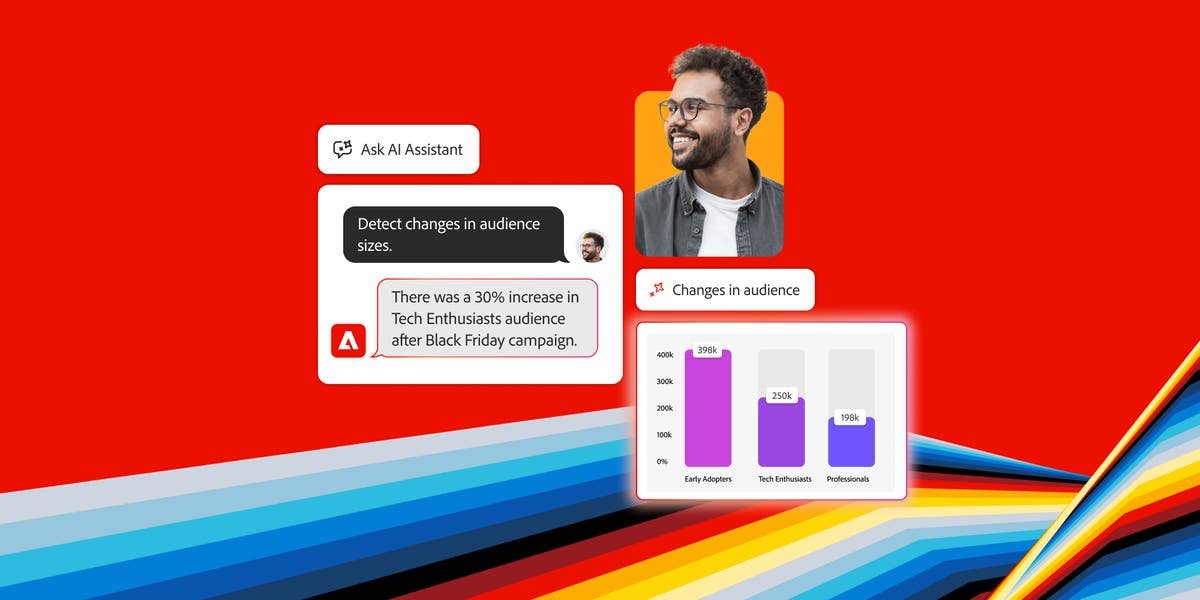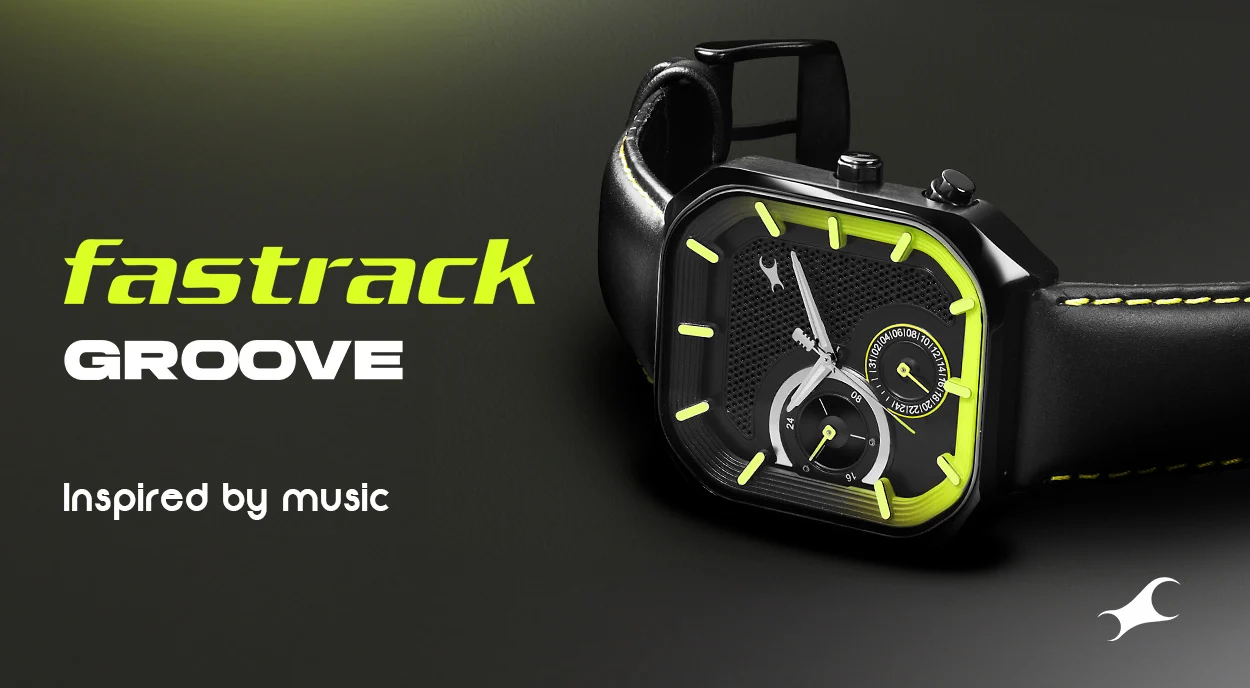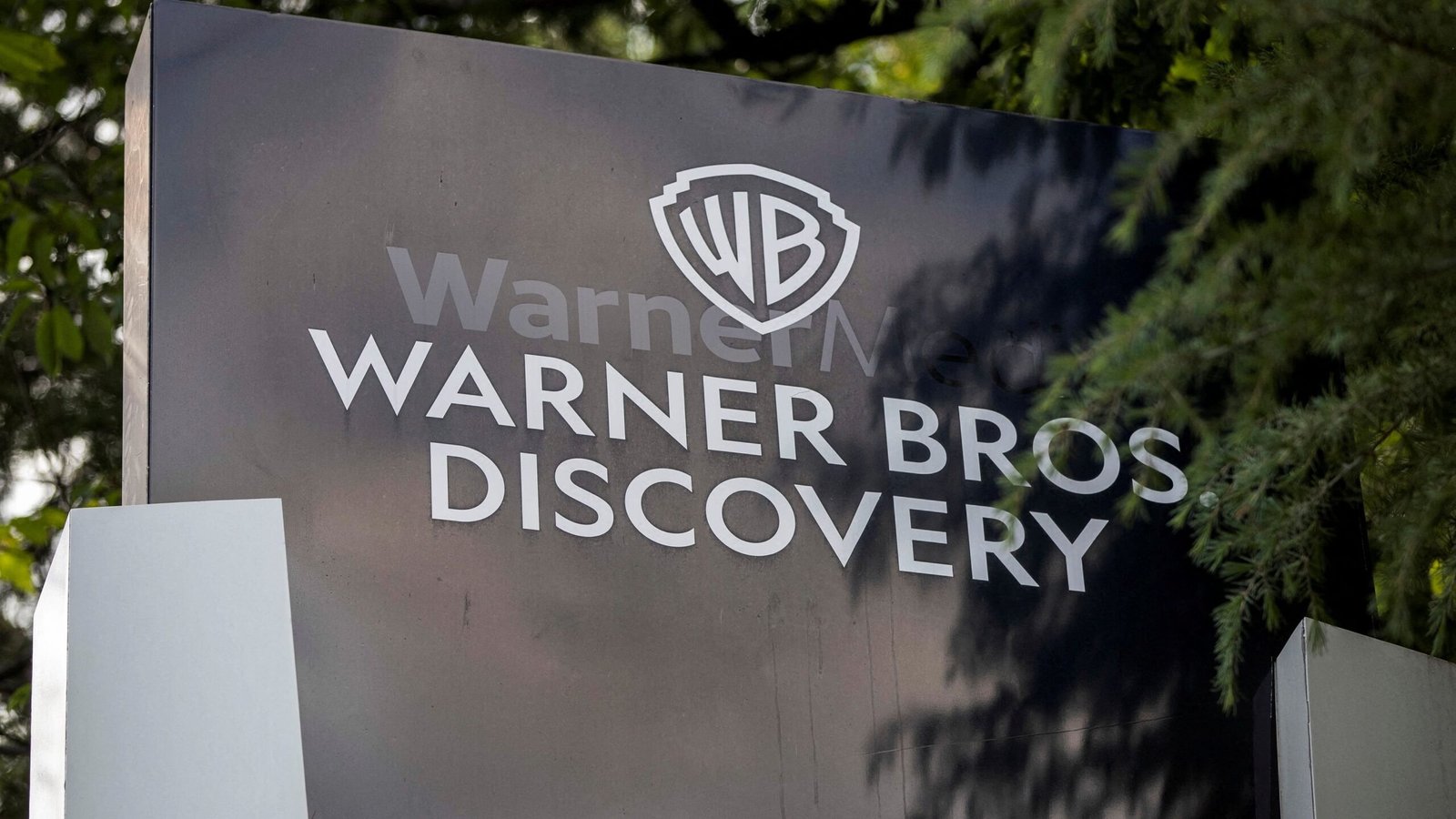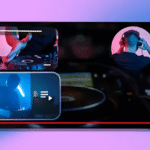In a surprising turn of events, rumors have been swirling that Starbucks—one of the most recognized coffeehouse chains globally—has appointed Dolly Chaiwala as its newest brand ambassador. However, these rumors have been firmly dismissed by Starbucks corporate headquarters. Let’s unpack the story, analyze why this false news gained momentum, and highlight what Starbucks has actually been focusing on.
Who Is Dolly Chaiwala?
Dolly Chaiwala emerged as a popular internet personality thanks to his engaging tea-based videos and witty social media presence. Just as Starbucks built its brand on coffee culture, Dolly carved his digital niche by celebrating tea traditions—sparking cross-platform interest that sometimes overlaps with coffee brands in public discourse.
The Viral Buzz—Fact or Fiction?
In early June 2025, multiple social media posts and sensational headlines began claiming Starbucks had signed Dolly Chaiwala as an official brand ambassador. With viral shares and speculative excitement, the rumor gave the illusion of legitimacy. But Starbucks quickly stepped in to deny the claim through official channels:
- Press Statement: Starbucks spokesperson confirmed: “We have not appointed Dolly Chaiwala as brand ambassador, and any reports suggesting otherwise are false.”
- Social Media Clarification: Starbucks corporate accounts officially addressed the rumor, stating, “Thank you for your enthusiasm, but this appointment isn’t happening.”
Despite the fervor, no contract, official event, or announcement ever confirmed Dolly Chaiwala’s involvement with Starbucks—a clear indicator that the rumor was unfounded.
Why Did the Rumor Spread So Fast?
Several elements contributed to the rapid rise of the false narrative:
- Social Media Amplification: Misleading headlines and unverified rumors often spread faster than corrections. With emotionally appealing narratives and catchy phrasing, speculation outpaced authenticity.
- Celebrity-Fueled Appeal: Dolly’s online fame in tea culture made him a plausible representative—even if it was just a rumor. Affiliate fans were quick to imagine and support the association.
- Lack of Reliable Sources: Many articles citing the rumor didn’t link back to Starbucks’ official statement—allowing the false news to go unchecked.
- SEO-Driven Repetition: Websites seeking traffic often repeat rumors without fact-checking, repeating the misinformation within search-engine optimized content and keyword stuffing—driving further visibility.
What This Means for Starbucks
Amid the hype and correction, here’s what Starbucks is emphasizing:
- Maintaining Brand Credibility: By both social and traditional media, Starbucks continues to stress accurate brand associations and partnerships.
- Community Engagement Continues: Starbucks remains focused on sustainability efforts, community programs, and global expansion—none of which involve Dolly Chaiwala.
- Monitoring Misinformation: The company has reaffirmed its commitment to combat false public claims and to update customers as needed.
Fact vs. Fiction: The Core Takeaways
| Claim | Fact |
|---|---|
| Starbucks appointed Dolly Chaiwala as brand ambassador | ❌ False – no announcement or contract exists |
| Starbucks made official statement denying rumor | ✅ Verified – corporate channels issued clarifications |
| Rumor highlights risk of misinformation spreading rapidly | ✅ True – repeated without verification |
How to Stay Accurate Online: Tips & Tactics
When you encounter a compelling—but surprising—headline, it’s essential to verify it properly. Try these approaches:
- Check Official Sources
Go to the brand’s website or verified social accounts. Starbucks confirmed denial via its verified Twitter and press channels. - Cross-Refer to Credible Media
Seek trustworthy outlets like Reuters, AP, or Bloomberg—none reported any Starbucks–Dolly announcement. - Scrutinize Headlines Carefully
Watch for clickbait or sensational phrasing like “Shocking!” or “Confirmed”. These are often red flags. - Check Publication Dates
Some stories recirculate old rumors. Look for recent timestamps to gauge freshness and relevance. - Look for Replicated Quotes or Statements
Credible coverage includes exact wording from spokespeople. These quotes are usually present in reputable articles.
By maintaining vigilance and checking your sources, you can avoid the trap of misinformation, whether about celebrities or global brands.

